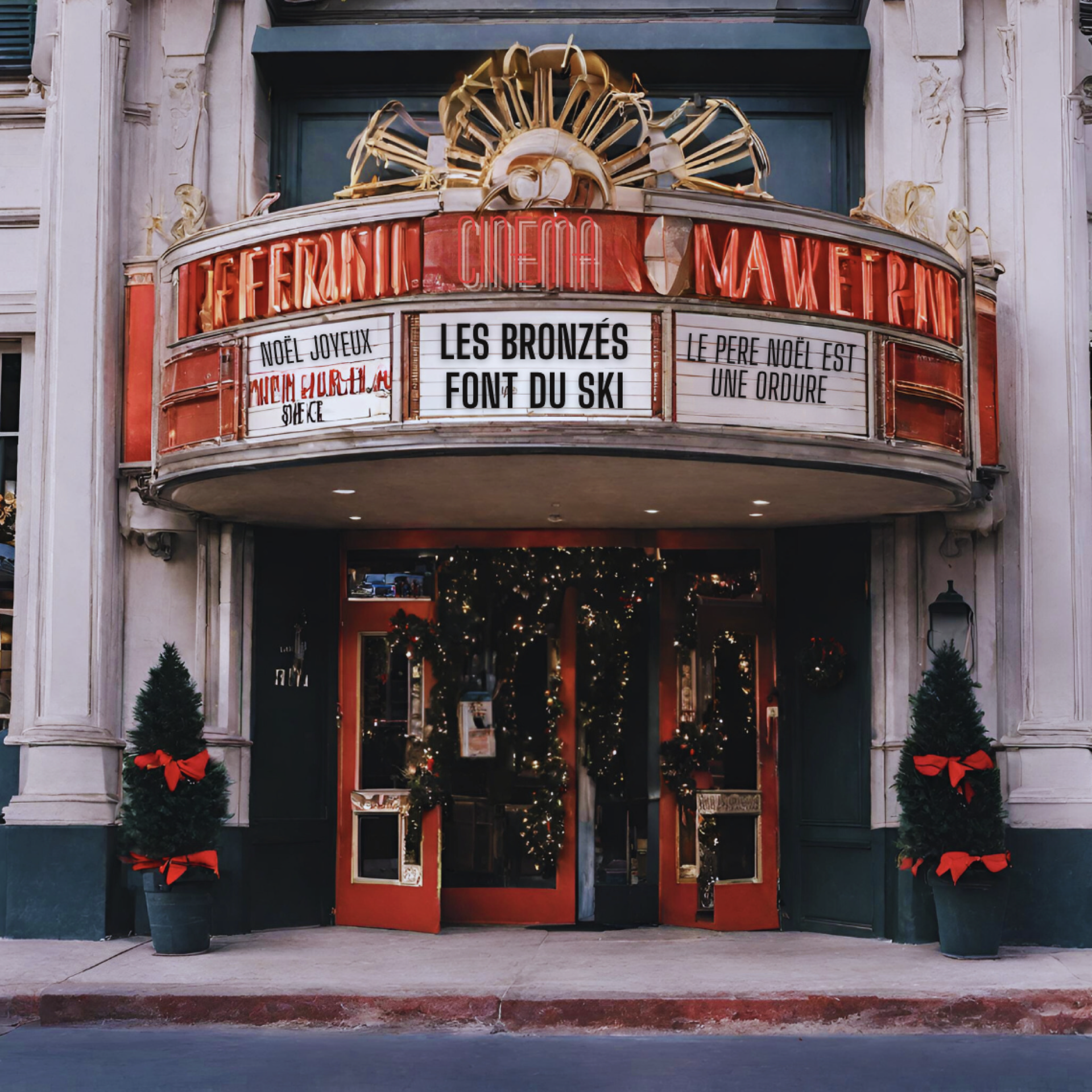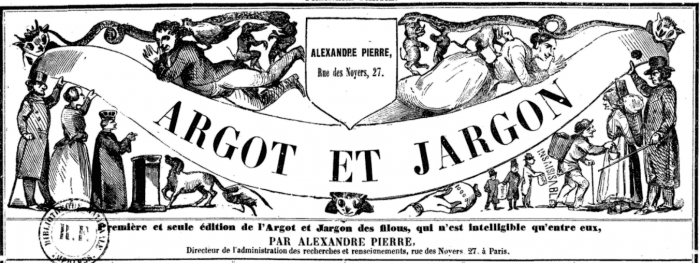
In Les Miserables, Victor Hugo spends a great deal of time discussing “l’argot,” which he calls the language of the streets. “L’argot vit sur la langue,” he writes. Slang lives on the tongue. Today, if you want to speak like a real French person, you have to master l’argot. L’argot permeates all aspects of spoken French, and it’s not uncommon to hear sentences that are made up of at least 50 percent slang.
Because French has one of the richest slang vocabularies, we believe it’s important that our students appreciate both le français soutenu and le français familier. This is why we’ve put together a Coucou slang alphabet to get you started. Below you’ll find a slang word for each letter with an explanation of how to use it. Practice your French by trying to translate the sentences that accompany each set of letters. We’ve put English translations at the end of the post in case you get stuck!
- If you want to use French slang like a pro, sign up for our French slang workshop on 4/22. You’ll learn how the French actually talk and vastly improve your conversation skills. Plus, you’ll be able to understand much more of the French you hear in movies or on TV!
By Sophia Millman
Before we begin: Understanding Verlan, c’est très important

Many French argot words are part of a special category of slang known as “le verlan.” Take the French word l’envers (which means backwards). Now flip its two syllables. L’en + vers becomes vers + l’en. Vers + l’en = verlan. Almost any word can be transformed into verlan. Let’s look at another example. Have you ever heard a French person say, “Cimer” and wondered what it meant? Reverse the syllables Ci + Mer and you get Mer + Ci = Merci! Many of the most common French slang words featured below are derived from verlan: chelou, meuf, ouf, relou, vénère. Read on to discover more!
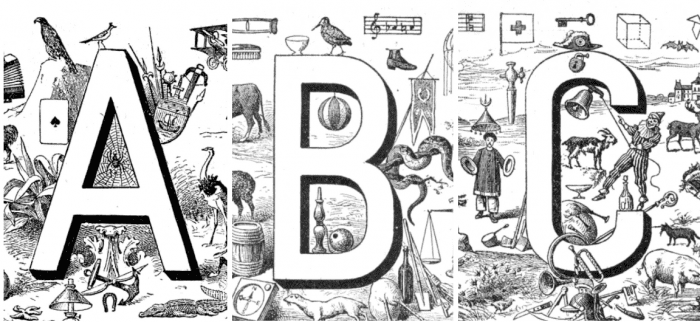
- Accro: This common word is an abbreviation of accroché, an adjective that means to be hooked to something. If you’re accro à la télé, you’re addicted to watching TV.
- Bosser: A highly common word that means to work. You can use it almost interchangeably with travailler and even in pretty formal contexts (with your boss, etc.). Bosser comme un dingue is an expression that literally means “work like a crazy person” (to work your ass off).
- Canon: This adjective became popular during the mid-20th century. You use it to describe someone or something that’s drop-dead gorgeous.
Traduction #1: Je sais que je dois bosser mais je peux pas m’empêcher de regarder le profil Facebook de Norbert. Je suis complètement accro, il est canon ce mec.
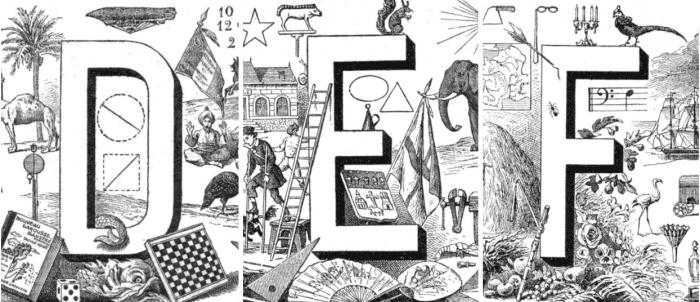
- Déconner: A very common word all students should know, even if it’s a little vulgar. It means a lot of things, including to mess around, to do something stupid, to joke, or to stop working. Ex 1: “Arrête de déconner, je suis sérieux !” (“Stop messing around, I’m serious!”). Ex 2: “Merde, mon ordi déconne encore !” (“Crap, my computer’s not working again!”)
- Engueuler: Gueuler means to shout or yell, and if you add the prefix en– you get engueuler, which means to shout or yell at someone. When the verb is used reflexively (s’engueuler) it means to argue/have a shouting match. Une engueulade is slang for an argument or fight. Se faire engueuler means to get yelled at. The famous author/songwriter Boris Vian wrote a song called “On n’est pas là pour se faire engueuler,” which means “We’re not here to get yelled at.”
- Fric: There are tons of slang words for money (l’argent) in French, including le pognon, le pèze, le blé, la thune, and les sous. But le fric is the one you’ll hear the most often. Etymologists aren’t sure where it comes from, but many think it stems from the word fricot, a type of French stew. The word fric came into use in the 18th-century, and has remained popular ever since. Ex: “C’est pas fastoche de se faire du fric.” “It’s not easy to make money.”
Traduction #2: J’ai dépensé tout le fric de ma copine pour m’acheter du vieux roquefort, j’ai complètement déconné et je vais me faire engueuler.

- Galère: “C’est la galère !” means that something’s a total nightmare/pain. You can also use the verb galérer, which means to struggle or have a hard time doing something.
- Habibi: Arabic for darling – many arabic words have seeped into French slang.
- Un iench: A dog (verlan for chien). Pronounced “Yench.”
Traduction #3: Mais c’est galère d’acheter un iench, habibi.
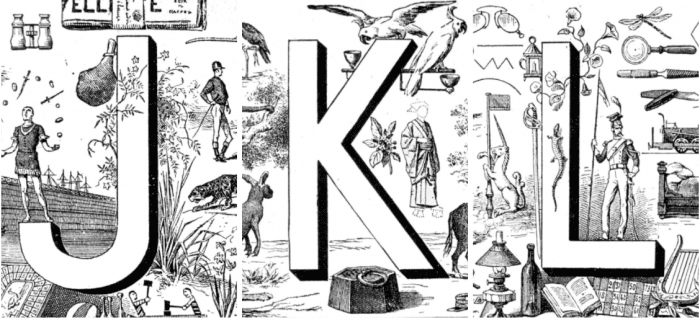
- Jarter: Slang for renvoyer (kicked out, removed). Ex: “On voulait passer la soirée avec eux, mais on s’est fait jarter.” (“We wanted to spend the evening with them, but we got kicked out.”)
- Kiffer: comes from the word the Arabic word kif ( كَيْف), which means “fun” or “pleasure.” Kiff was originally used in French as a synonym for cannabis. Read more in French about the history of the word here. Today, un kif or un kiff is something that you absolutely love. The verb kiffer can replace aimer in any context. Ex: “Je kiffe ce film.” (“I love that movie.”)
- Laisse tomber: This quintessential phrase literally means “let it fall.” You can translate it as “Forget about it,” “Drop it,” “Just let it go,” or “Nevermind.” Laisse béton, the verlan inversion of laisse tomber, means exactly the same thing. Listen to Renaud’s famous song “Laisse béton” to practice using the phrase!
Traduction #4: Non mais laisse béton, on a trop kiffé la boîte de nuit avant de se faire jarter parce que Kevin voulait se fighter avec le videur.
Translation answers:
1. Je sais que je dois bosser mais je ne peux pas m’empêcher de regarder le profil Facebook de Norbert. Je suis complètement accro, il est canon ce mec. – I know I have to work, but I can’t help looking at Norbert’s profile. I’m totally hooked, he’s so hot.
2. J’ai dépensé tout le fric de ma copine pour m’acheter du vieux roquefort, j’ai complètement déconné et je vais me faire engueuler. – I spent all my girlfriend’s money buying old roquefort cheese. I really f***ed up and I’m gonna get yelled at.
3. Mais c’est galère d’acheter un iench, habibi. – But it’s a pain to buy a dog, babe.
4. Non mais laisse béton, on a trop kiffé la boîte de nuit avant de se faire jarter parce que Kevin voulait se fighter avec le videur. – Man, just forget about it [it was crazy!], we loved the nightclub until we got thrown out because Kevin wanted to fight the bouncer.
